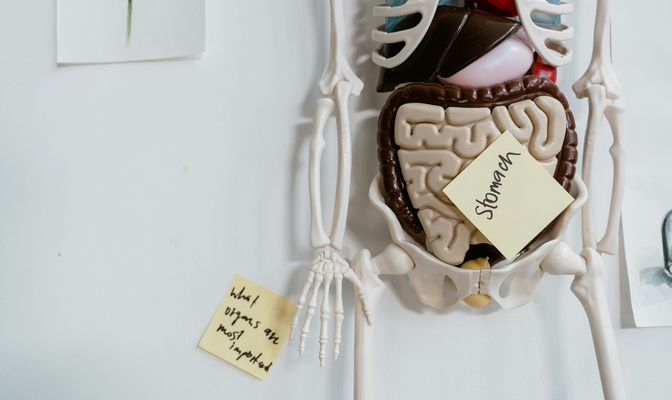In the intricate symphony of our bodies, few elements play as pivotal a role as our gut microbiome. Often dubbed the “second brain,” this bustling community of trillions of microorganisms influences everything from digestion to mood, immunity to overall well-being. But with modern diets and lifestyles throwing off the delicate balance of these microscopic inhabitants, many are left wondering: how can we restore harmony within? Enter naturopathy—a holistic approach emphasizing natural remedies and preventive care to nurture our internal ecosystems. Join us on a journey through the fascinating world of gut health, where ancient wisdom meets modern science.
Food as the Ultimate Medicine

One of naturopathy’s core beliefs is that what you eat directly affects how you feel—and nowhere is that truer than in the gut. Consulting with a naturopath in Brisbane often leads to a dietary change that many people find challenging. They usually recommend whole, unprocessed foods, with an emphasis on vegetables, fermented foods, and fiber. Sound familiar? That’s because this lines up closely with what gut health researchers now recommend for fostering a diverse and resilient microbiome. Fiber, for example, is fuel for the good bacteria in your gut. When those bacteria are well-fed, they produce short-chain fatty acids that reduce inflammation and support the gut lining. Fermented foods like kimchi, sauerkraut, and kefir add beneficial bacteria directly into your system—probiotics on a plate.
Personalized Holistic Approach
Rather than offering a one-size-fits-all solution, naturopathy looks at the whole person—diet, lifestyle, stress levels, sleep habits, and even emotional health. This holistic approach is super relevant when it comes to gut issues, which can be triggered or worsened by chronic stress, poor sleep, or an overly processed diet. Science now backs this up. The gut-brain connection is real, and stress can change the composition of your gut microbiome. So when a naturopath asks about your stress levels or sleeping habits, it’s not just small talk—it’s an important part of the puzzle.
The Power of Probiotics and Herbs

Long before the supplement industry caught on, naturopaths were recommending probiotics to support digestion and gut flora. Today, we know that certain strains of probiotics can help with IBS, antibiotic recovery, and even mental health (thanks to, the gut-brain axis). Herbs like slippery elm, marshmallow root, and licorice are also commonly used in naturopathy to soothe the digestive tract. These may not be magic bullets, but research shows they can support gut lining integrity and reduce inflammation—especially helpful for folks dealing with leaky gut or chronic gut irritation.
The Root Causes
Rather than masking symptoms, naturopathy aims to uncover what’s causing digestive distress. Whether it’s a food intolerance, dysbiosis (an imbalance in gut bacteria), or chronic stress, naturopathic practitioners dig deep. It might take longer than popping a pill, but this kind of investigative care can lead to long-term relief instead of just a quick fix.
Naturopathy isn’t perfect, and it’s always smart to consult both natural and conventional practitioners for complex health issues. But when it comes to gut health, naturopathy has been on the right track for years. Its focus on whole foods, stress management, and personalized care lines up beautifully with what science is now confirming about the gut—and that’s worth paying attention to. So if your gut’s been feeling off, maybe it’s time to take a page from the naturopathic playbook. Your belly might just thank you.

